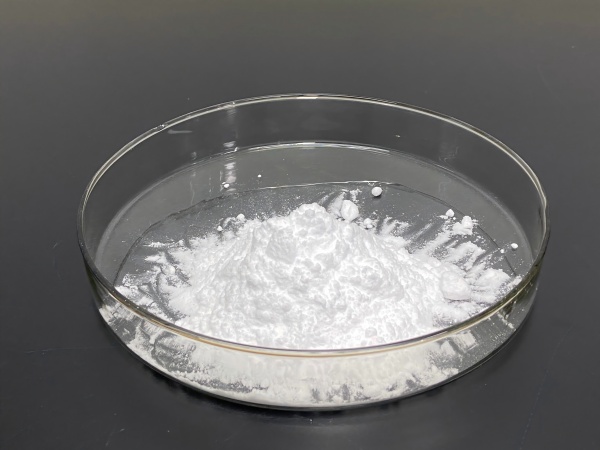Antimicrobial peptide Palmitoyl Tripeptide-36 is a broad-spectrum antimicrobial tripeptide that can effectively inhibit various bacteria and fungi, such as Candida albicans, Staphylococcus aureus, and Pseudomonas aeruginosa, providing effective protection for the skin of patients with allergic dermatitis and reducing the risk of damage from harmful microorganisms. Palmitoyl Tripeptide-36 is a modified peptide substance, mainly composed of a core structure of three amino acids, with a palmitoyl group attached at one end. The introduction of the palmitoyl group enhances the peptide's solubility and stability in the skin's lipid environment, making it easier to penetrate the stratum corneum and reach deeper layers of the skin to exert its effects. The specific arrangement of these three amino acids gives it particular biological activity, enabling interaction with receptors or signaling molecules in skin cells.

Function
Palmitoyl Tripeptide-36 has significant inhibitory effects and can effectively prevent the growth of bacteria and fungi such as Candida albicans, Staphylococcus aureus, and Pseudomonas aeruginosa, reduce inflammation, and effectively prevent and improve acne and dermatitis. In addition, antimicrobial peptides can prevent bacteria from developing resistance, making them safer and more effective compared to chemical bacteriostatic agents.
Palmitoyl Tripeptide-36 has broad-spectrum antibacterial effects, helping to prevent and protect the skin. It is especially suitable for products for various allergic dermatitis, acne, and pimples, as well as products that prevent skin infections.
Palmitoyl Tripeptide-36 has extensive antibacterial capabilities and can be used as a replacement for traditional preservatives.
Post time: 2025-10-09
